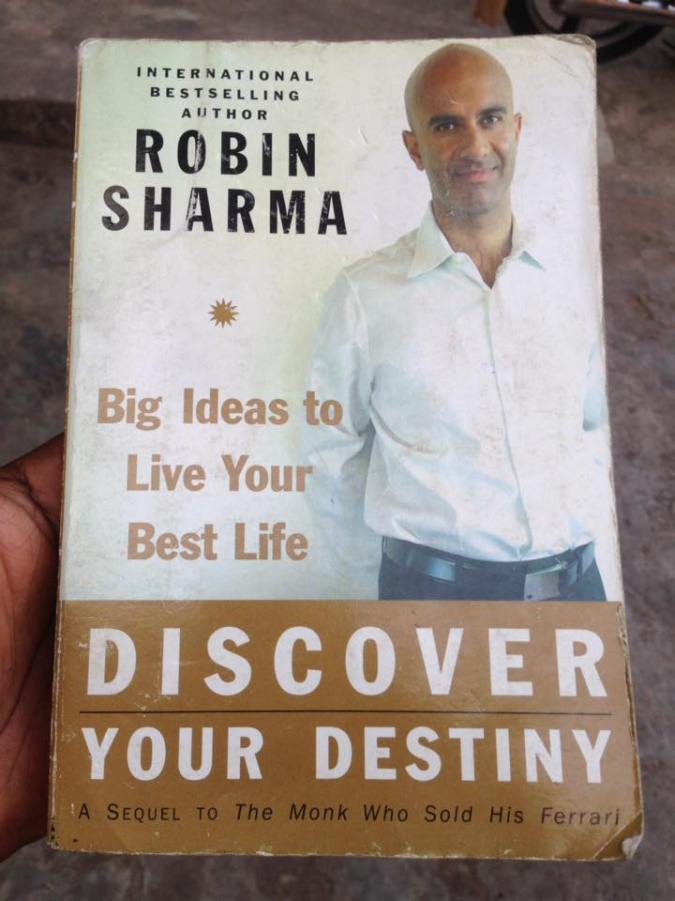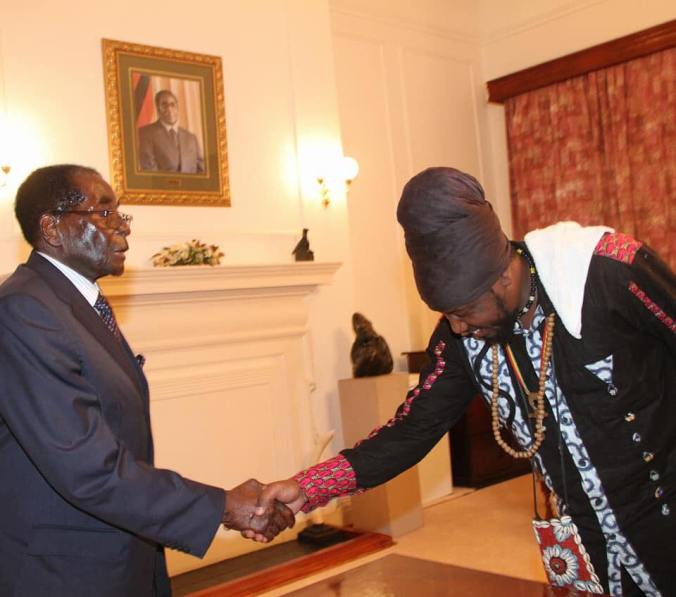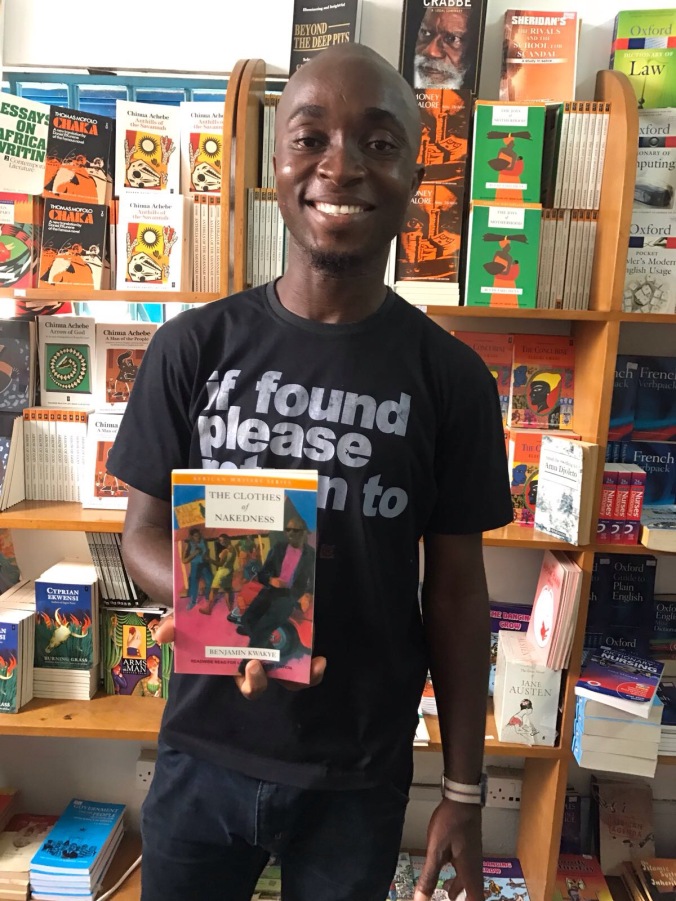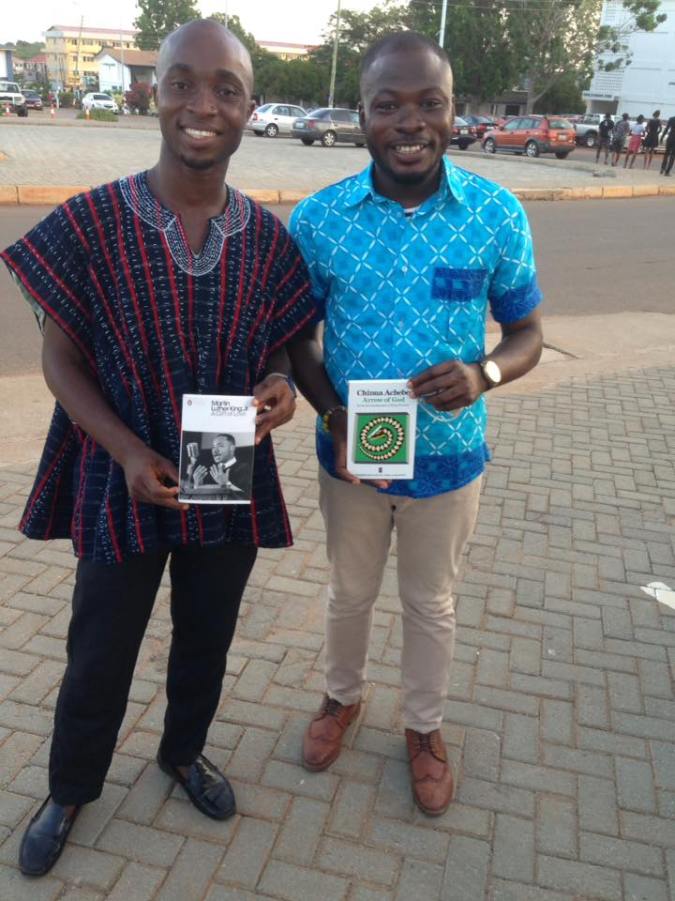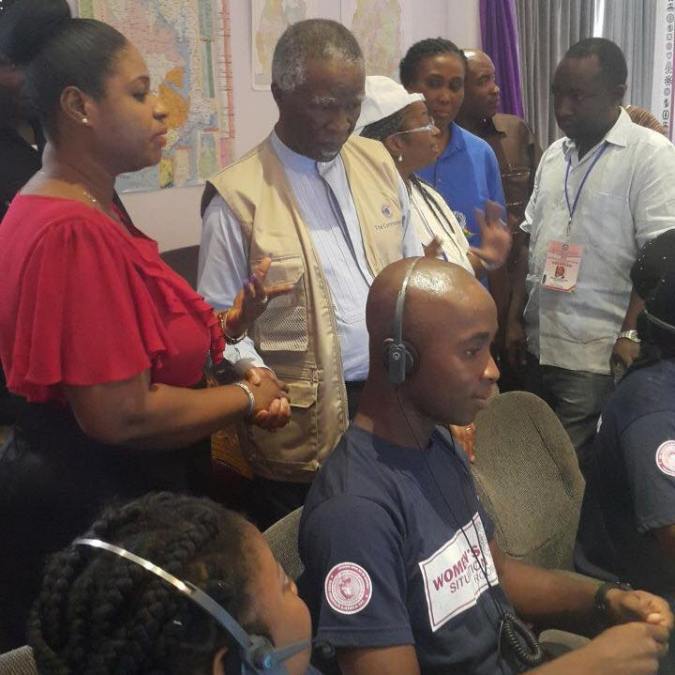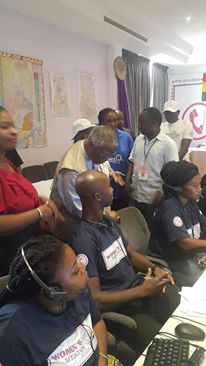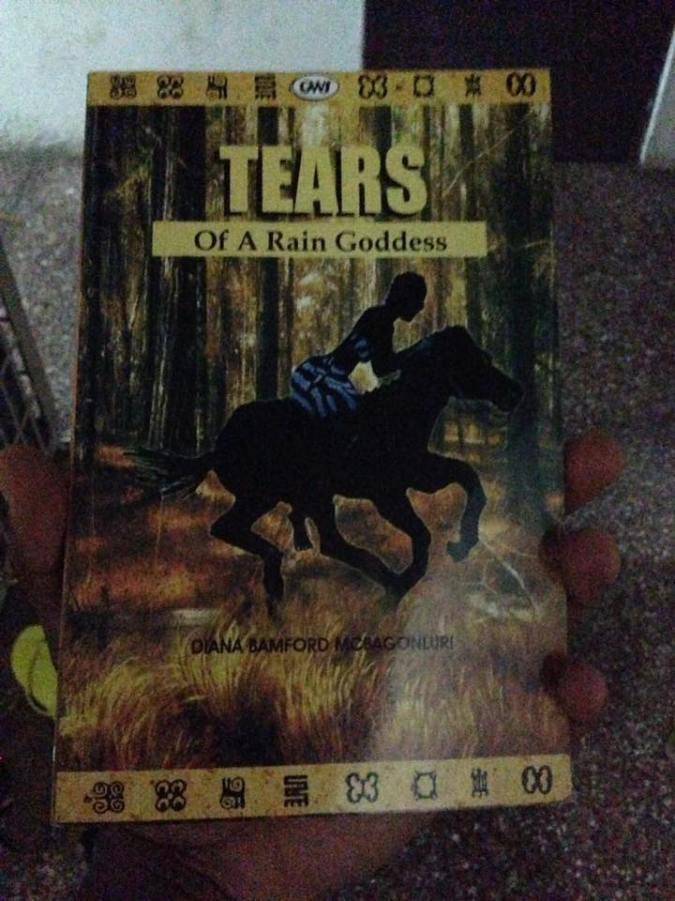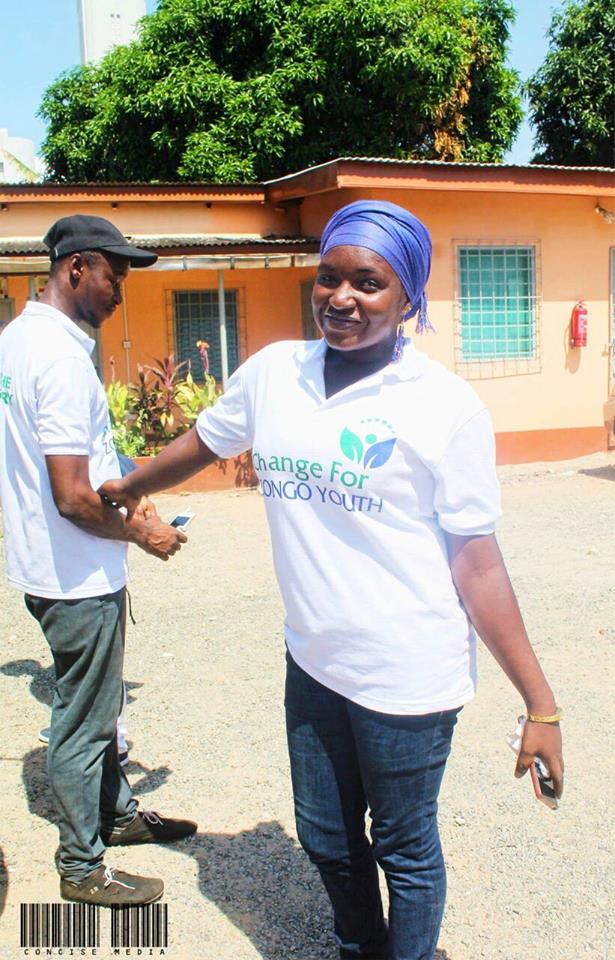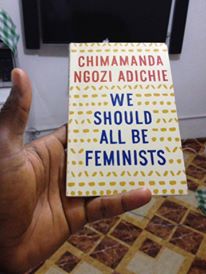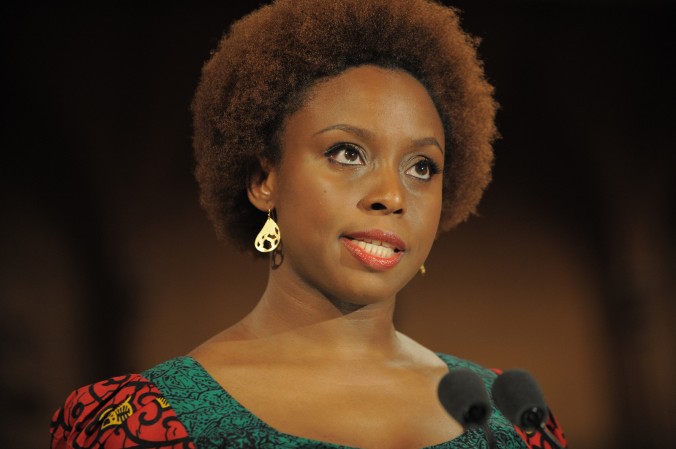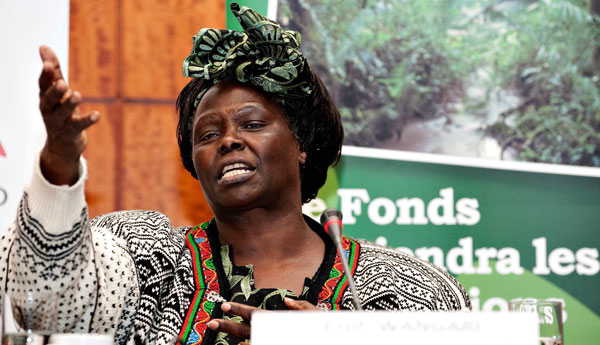Yesterday, we prayed behind the great Ghanaian Islamic scholar, Sheikh Abubakar Shuaib popularly known as Hajj Shuaib. There is nothing special about our praying behind him. As a matter of fact, this is an imam who has always led prayers for more than two decades of his precious life. And most of us always prayed behind him if not at his mosque in Nima, Japan Motors on the Graphic road where he led the Friday special prayers or Nii Boi Town mosque near his residence or wherever he found himself.
Yesterday’s prayer was special in a very special style and fashion. As usual, he was in front of us but not standing. He lay lifelessly as we stood behind him full of life. He was not the one leading the prayers but the one whom the prayers were said for. We did not hear his throat been cleared as we always did when he led the prayers. Rather, we kept hearing a roaring of Takbirs because of the overwhelming number of people who came to pay their last respects to the fallen giant. In simple English, Hajj Shuaib had crossed over to the shores of the afterlife and we were there to safely escort him on his journey to the land of no return.
The ocean of people that came to wish him well and pay their last respects indeed was a loud statement. It was a loud statement of his great life which impacted people near and far. And their testimonies of his good works, his impact in their lives, how he lived and breathed knowledge and his immense contribution to the development of the next Ghanaian generation further gives impetus to the statement that “ how one lives his or her life today stands as a testament to one’s forever after.”
The gathering of well-wishers saw people from all walks of life. I saw great scholars lowered head just short of shedding tears. I saw former great government functionaries and a number of our parliamentarians. I saw chiefs and I saw the teeming youth that thronged the cemetery. I saw people that hitherto you would see cruising in their big cars walk from the Imam’s residence to the cemetery; damming the heat of scorching heat of the sun and the dusty distance. The sadness on their faces gave away the fact that it was least expected that Hajj Shuaib would leave very soon. He was full of life and had even led the Isha prayers at his Nima mosque the night before.
There was a tacit agreement in the atmosphere that regardless of your status in life, you will one day be bathed, wrapped and left in the belly of the earth to rot. After all, a great man had once driven the point home well when he stated that “there is an amazing democracy about death. It is not aristocracy for some people, but a democracy for all of the people. Kings die and beggars die, rich men die and poor men die; old people die and young people die; death comes to the innocent and it comes to the guilty. Death is the irreducible common denominator of all men.”
So a great man died. A giant, a colossus, and a walking- institution all rolled into one. Unfortunately, he did not capture his life in a single document for posterity to glean from. He never codified his life experience for the upcoming ones to aspire to. He never gave life to the statement he made when he was given a lifetime achievement award last year. He stated that he learnt at the feet of the Deputy National Chief Imam of Ghana, Sheikh Kamaludeen Abubakar. He recounted how profound the studies were such that when they went to Saudi Arabia, the Arabs wondered how impeccable the Arabic they spoke was and how fervid and immaculate their appreciation of Islamic teachings stood.
Two years ago when we lost one great entrepreneur, I wrote about a social malady we have as a people. And until we begin to step up the plate and remediate it, we will wake up one day with all our stalwarts gone and by tether, a wealth of experience denied the subsequent generations. I wrote “however, we need more of the lives of our successful ones to be written. It will resonate well with our circumstances here in Ghana. In that way, we can easily identify with the choices they made. The situation elsewhere can never be the same as in Ghana. We should be given the honor of knowing how they were able to make it in a land Mensah Otabil described as “poisoned”. That will definitely inspire us and imbue in us the “confidence that through pluck and sweat and smarts, each of us can rise above the circumstances of our birth” as Barrack Obama stated.”
Few or absolutely nothing has been penned down on the life of this great intellectual. We only have scanty information on the highlights of his wonderful life. He lived for knowledge, its acquisition and its impartation.
For more than a decade, Hajj Shuaib taught and explained the verses of the Quran every Saturday and Sunday at his mosque in Nima. A lot of people move from far and near to learn at his feet to imbibe the lessons contained in the Quran and to also lead their lives. To teach the Quran is a no mean task. It is to free people from the limitations of life. Riffat Hassan, the Pakistani Islamic Rights Specialist opined that “to many Muslims the Qur’an is the Magna Carta of human rights and a large part of its concern is to free human beings from the bondage of traditionalism, authoritarianism (religious, political, economic, or any other), tribalism, racism, sexism, slavery or anything else that prohibits or inhibits human beings from actualizing the Qur’anic vision of human destiny embodied in the classic proclamation: “Towards Allah is the limit.” Sheikh therefore has made many people realize themselves and lead wonderful lives.
His name became synonymous with Quran exegesis because of the numerous years he spent doing that at different times of the day. Sometimes after Asr prayers, other times after maghrib. He was also a constant feature on Metro TV every Friday teaching and explaining the Quran. Few years ago, he celebrated a full completion of the Quran on the show. It took him a decade and more to do that. Impressive feat.
He was a master story-teller. You need to see him dramatizing how Allah called Prophet Musah in the wilderness. The baritone voice, the giant figure and the power of knowing what you are saying comes into play. It makes you capture the essence of the story; the reason Allah relays them to the Prophet. Hajj Shuaib was the best per the description of the Prophet that “the best of us is the one who learns the Quran and teaches it.
Much more significantly, Hajj Shuaib gave a platform for a once upon a time young generation to learn, grow and become responsible adults in the society when he established the famous Kubbatul-Khadra Islamic school in Nima a year after Gold Coast attained its independence. Interestingly, when he established the school, he left to Saudi Arabia to further his studies (after missing the chance to do it in Egypt). His elder brother, the deputy National Chief Imam, Sheikh Abubakar Kamaludeen took charge. The school became known as “Kamaaliya School”. Hajj Shuaib stated that had it not been for the fact that all the documents of the school bore the name Kubbatul Khadra, he would have maintained the name Kamaaliya when he returned, out of the profound respect and love he has for his elder brother. The school produced great scholars in Ghana. Notable among these are Sheikh Muhammad Sualih (popularly known as Mijin Yawaa), the late Sheikh Muhammad Juma, Sheikh Saeed Dahman, the great Jinn Exorcist cum Imam of the Zabarma mosque in Nima (he taught me once upon a time), Sheikh Abubakar Kamaludeen, the leader of the Shia Community in Ghana and Mallam Abubakar Muhammad Safo Yanki (one great teacher of mine who seriously broadened my horizon). Interestingly, a product of that school who became its headmaster from 1989 (the year of my birth) taught me Akhadari’s Compendium of Islamic Jurisprudence. He is the late Mallam Mohammed Haadi. At a point in time, the student population of the school stood at five hundred plus. The school has now blossomed into a full secular school run from Monday to Friday without losing touch of the reason for its establishment; the weekend Islamic studies. Once upon a time he established the first ever College for Teachers at the now Nima Cluster of schools where great Muslim clerics were nurtured and developed.
Very little is known about his authorship. He was the first to translate Imam An-Nawawi’s Forty Hadith into the Hausa language. And this was not an obscure publication done from any corner of his room. It was published with pomp and occasion at Saudi Arabia. He also compiled an Arabic-Hausa dictionary; the publishers, Sublu Salam for Publication and Distribution have stated that its publication never saw the light of day. Sheikh Shuaib also gave language a certain aesthetic feel by releasing an elegy that is absolutely mind-blowing and humbling to the soul. He also has another one about an interaction he had with his mum.
Hajj Shuaib Abubakar was knowledgeable, giver of knowledge, a striver in the cause of the development of Islamic culture in the world. His eighty-one years on earth was a chronicle of distinction and dynamism. It saw a honorable work with the Saudi Ministry in charge of Islamic Affairs, lectureship at the University of Ghana and a Vice- Chairmanship with the Supreme Muslim Council for Research and Da’awah. He never wavered on his principles. There have been many occasions he walked out of programmes because the programme started lately than as scheduled. He symbolized the fact that our attitude towards time determines progression or regression. He was a clock on feet.
Sheikh Shuaib Abubakar was a human being. He may have had his faults. However, as Muslims, we are exhorted by the Prophet to increase in recounting the good deeds of our dead ones.
May Allah rest his soul in absolute serenity.
